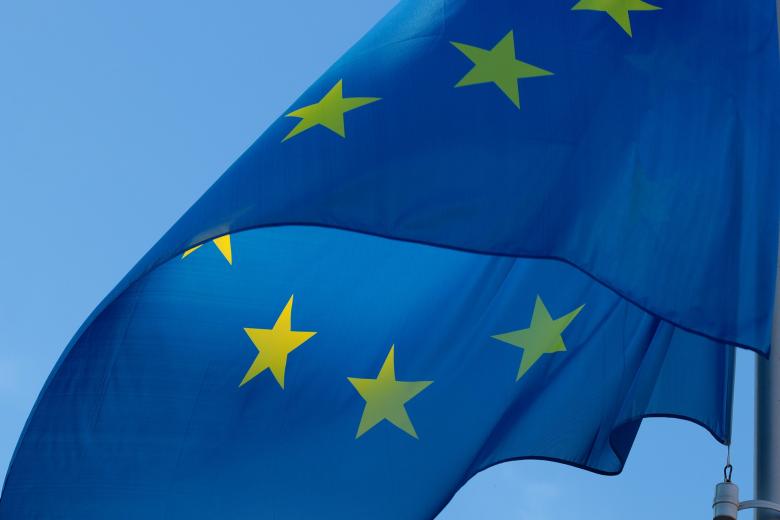With the prevailing Coronavirus (COVID-19) it is recommended to work from home as much as possible. For frontier workers, however, working from home can be disadvantageous. This is because they then work in another country from one day to the next. International and European rules on the coordination of tax and social security rules in cross-border work may be affected by working from home. This creates a great deal of uncertainty for both employees and employers. Because working from home is becoming more and more self-evident for many professions, the Dutch undersecretary for Finance has just proposed a regulation for frontier workers. In this blog we explain what the situation is now regarding social security and taxation and whether the proposal of the Dutch regulation is sufficient.
Working from home: not a self-evident matter for frontier workers
- General
- Arts and Social Sciences
- Business and Economics
- Law

Beware of fake corona news
- Corona
- General
There seems to be only one topic in the media these days—the new coronavirus and the disease it is causing, COVID-19. In addition to television, the internet and the newspapers, we are being bombarded with opinions and news on social media. Our recommendation is to read those with caution, especially when it comes to medical advice, as the backgrounds and credentials of so-called experts are not always clear.

A new push for European democracy: what place for (national) parliaments?
- Law
Monday, 9 March 2020 marked the 100th day in office of the new European Commission under President Von der Leyen. The Commission had promised to deliver a number of priorities set out in the President’s Political Guidelines by this self-imposed deadline – priorities that, however, do not include any clear strategy on how to strengthen parliamentary democracy in Europe.

Corona virus and online higher education: the technology fallacy
- Corona
- Law
The corona virus is causing education to move from offline to online. In the Netherlands, the government and higher education institutions announced last Thursday (12 March 2020) that all in-person education has to be replaced by online education. Online means more reliance on technology. So here comes technology to the rescue.

The Greek refugee crisis: whose human rights - whose responsibilities?
- Law
Asylum-seekers at the Greek island of Lesbos are in a vulnerable position. They claim basic human rights and hold the Europeans accountable. What can a human rights scholar do? His role is limited. When there is no political will, compassion and solidarity are gone.

Let us not forget about EU fundamental rights
- Law
Human rights violations continue to be a major issue at the EU’s external borders and pushbacks have been reported in several EU Member States. Most recently, the spotlight has been on Spain’s long-standing practice of pushbacks at the border of Melilla, as the ECtHR handed down its long-awaited judgment in the case of N.D and N.T v. Spain on 13 February 2020. Shockingly, the Court overturned the Chamber judgment, finding no violation of the Convention and thereby backing Spain’s decision to return migrants and refugees without consideration of their individual circumstances and without the possibility to apply for asylum, or to contest this immediate decision.

Escape from EU regulations is loss of leverage
- Law
About 100 British officials will arrive in Brussels today to start the mammoth negotiations on the future relationship between the EU and the UK. The two sides are poles apart. The UK wants regulatory detachment from the EU while the EU insists or regulatory alignment.

German Council Presidency – Game changer or paralyzing factor?
- Law
On 1st July 2020 Germany will for the first time in 13 years again take over the rotating six-months Presidency of the Council of the EU – and with the Presidency come high hopes that a Member State with the political weight and capacities such as Germany will be able to significantly push forward the political agenda on EU level.

Academic air travel emissions: in search of climate friendly behaviour by both staff and students
- Law
All organizations and companies that make use of air travel face the same question: in what way will they take responsibility for the use of this type of transportation? This responsibility can take shape in different measures such as the use of electronic communication services that reduce the necessity of traveling, or by taking the train for relatively short distance travelling. The most sensitive approach seems to be to choose for compensating the emissions caused by flights with greenhouse gas-emission credits produced elsewhere. If staff and students will continue to take flights, this option needs to be duly examined.

Constitutive and constituted sovereignty
- Law
Sovereignty is invoked in many discussions today, from Brexit to Catalan independence, but it is rarely clear what, exactly, those who invoke sovereignty mean by it. For the purposes of understanding, analyzing, and understanding legal phenomena, however, a more precise understanding is necessary.
